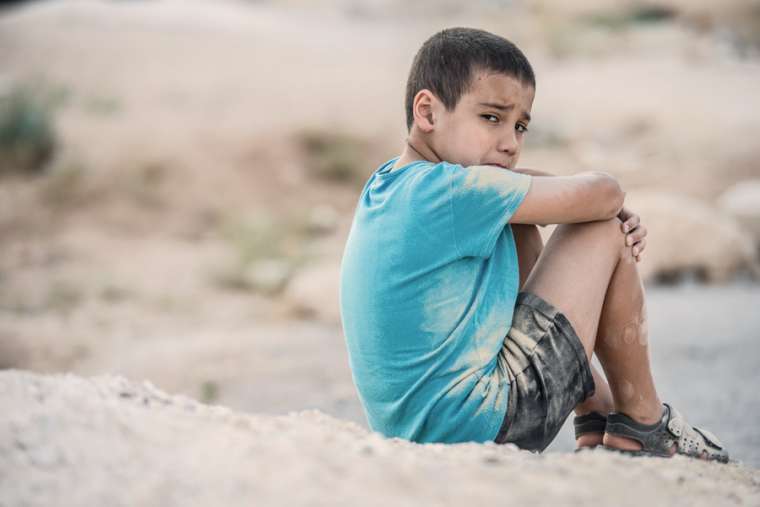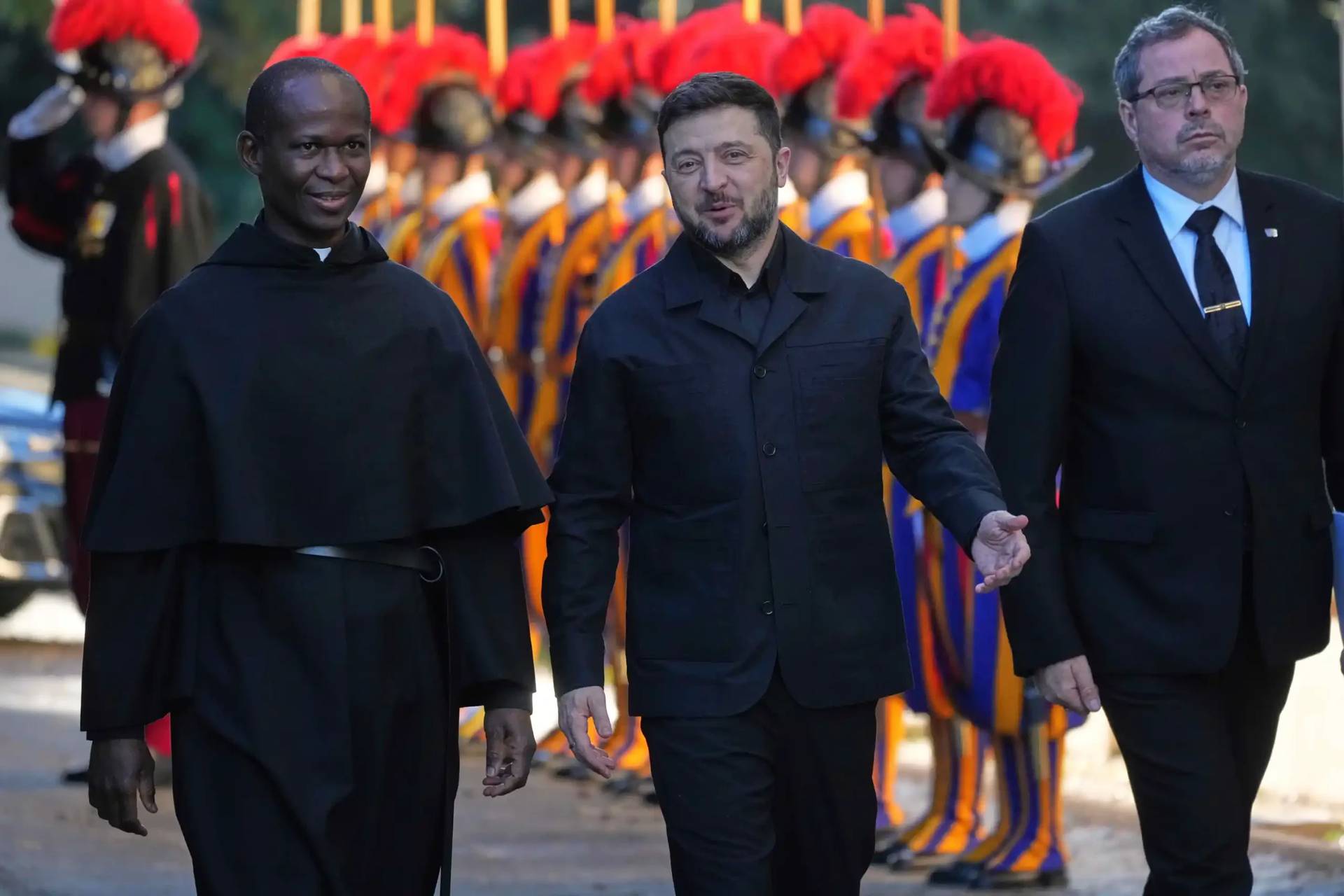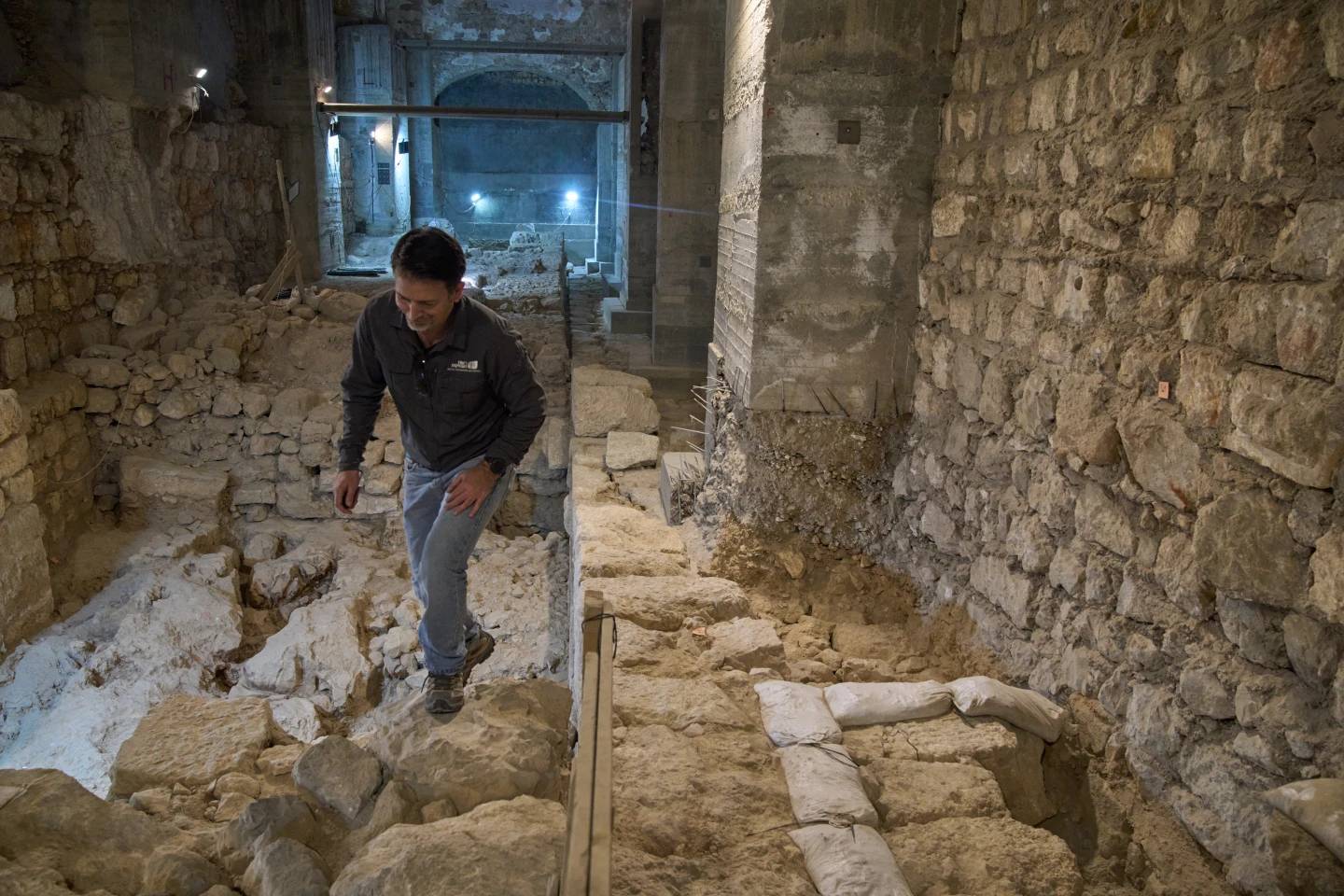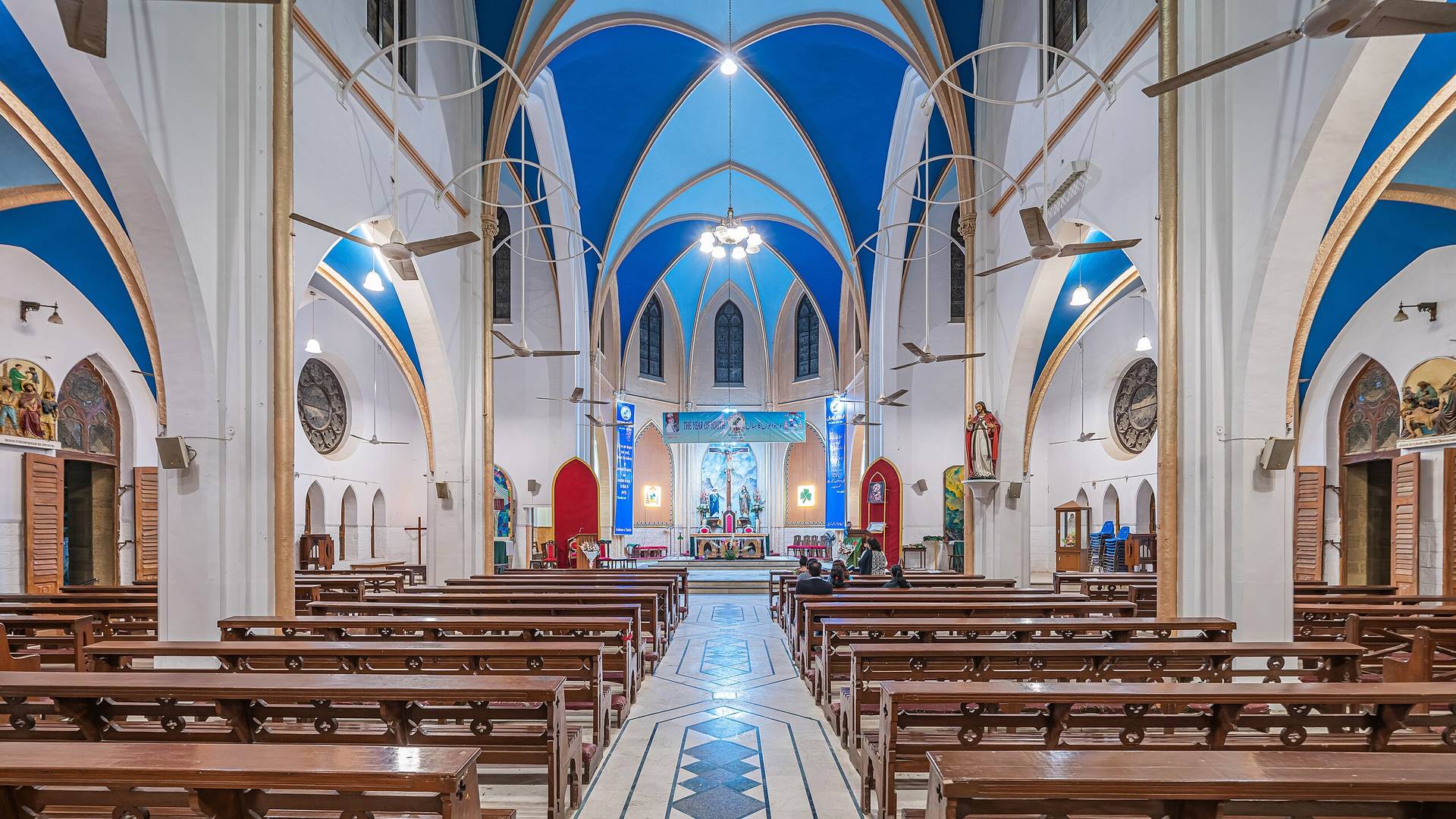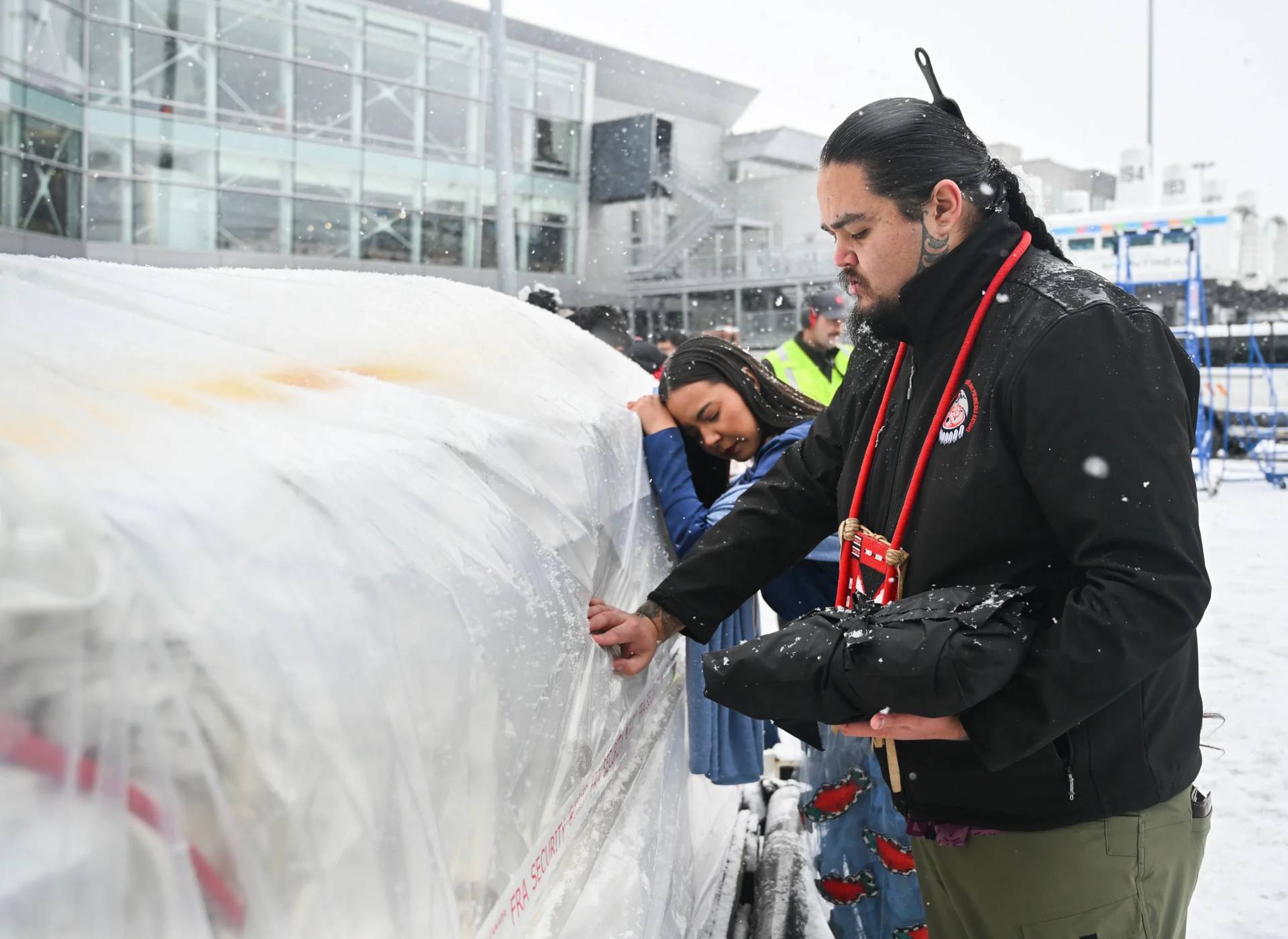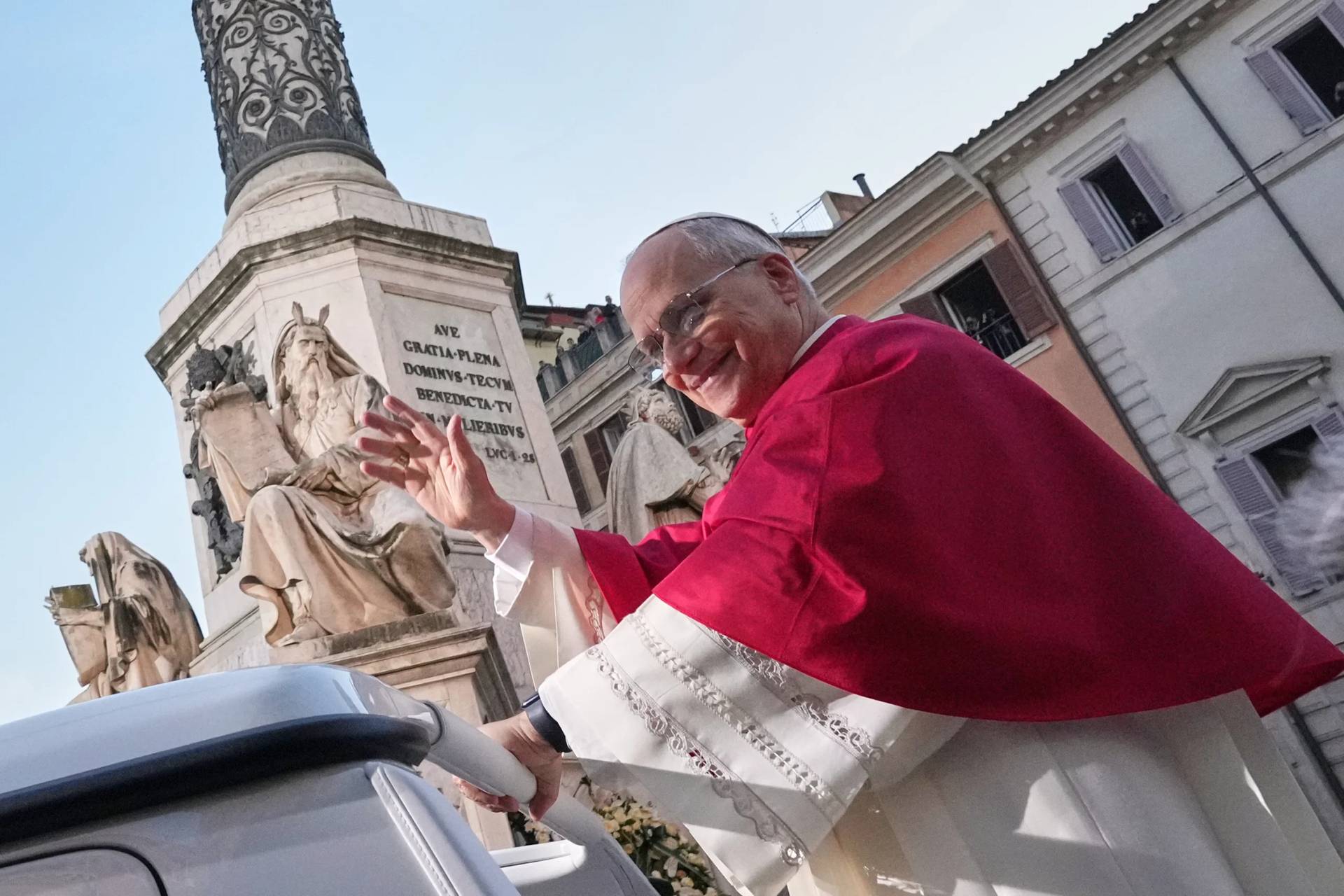NEW YORK – The Permanent Observer of the Holy See to the United Nations encouraged global leaders to take a “human-centered approach to migration,” rather than reacting with “unsustainable short-term solutions.”
The Vatican’s chief diplomat at the UN, Archbishop Bernardito Auza, urged countries to consider “not only the sovereign right of States to manage and control their borders, but also their responsibility to promote and protect the dignity, human rights and fundamental freedoms of all those on the move, regardless of their migratory status.”
Speaking April 11 at the UN’s Commission on Population and Development annual meeting, Auza warned against reactionary policies, such as population control or a narrow view of “national interest.”
“Unsustainable short-term solutions that prey on fear and use demography to justify closed borders or promote population control only lead to more unmanageable crises in the future,” said the archbishop.
He argued that “any country that wants to manage its borders effectively must also take responsibility for the common good of its neighbors.” He said that increasing globalization means that a country’s actions in its national interest directly impact other countries.
The 51st session of the UN Commission on Population and Development this week focused on discussion of “Sustainable Cities, Human Mobility and International Migration.”
The Vatican representative proposed that the key to making global migration more sustainable in the future is to combat human rights violations and poverty through education, health care, and policies that ensure access to social protection and decent work. Auza said that all countries share this responsibility for the “prosperity, peace and security of all.”
He also warned of the negative consequences when countries fail to allow regular pathways for migrants fleeing conflicts, economic crises, and national disasters. He said that this can force individuals to “seek irregular and often dangerous migratory routes, falling victim to smuggling, human trafficking, modern slavery and other forms of exploitation.”
The archbishop concluded by asking the United Nations to recommit “to what Pope Francis has called a ‘culture of encounter,’ which involves the humble recognition that the problems faced by people on the move cannot be addressed in isolation and therefore demand greater solidarity and commitment to the common good both at home and abroad.”
Auza, originally from the Philippines, has served as the Permanent Observer of the Holy See to the United Nations since his appointment by Pope Francis in 2014. Auza’s past diplomatic services included representing the Church in Madagascar, Bulgaria and Albania.
